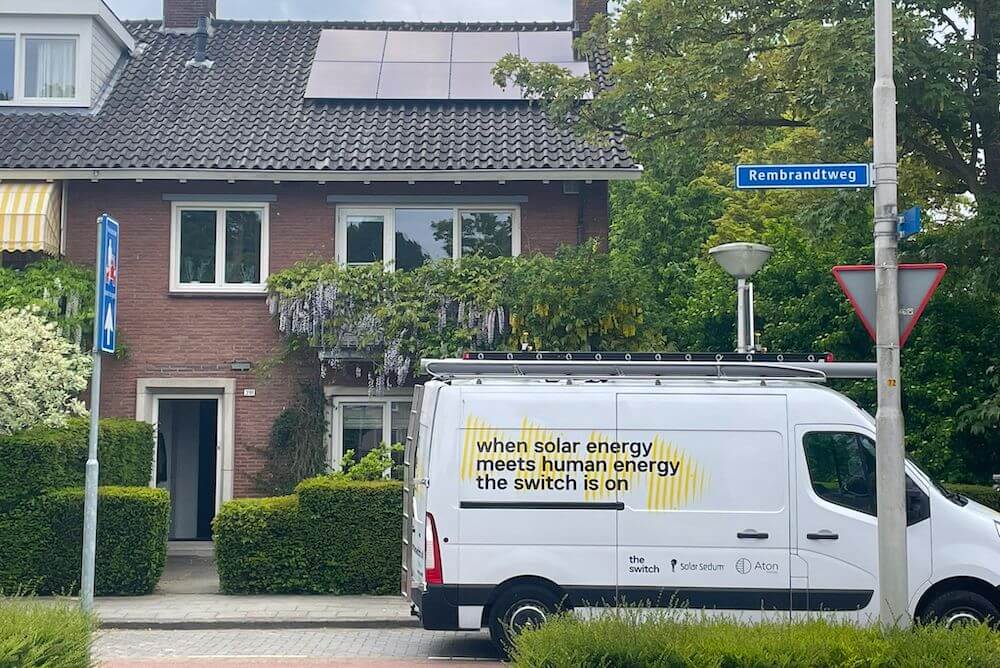A Dutch startup called The Switch installs solar panels, heat pumps and other sustainable energy equipment for homes and businesses. In the Netherlands, as elsewhere, the energy sector faces an acute shortage of skilled technical workers. So, The Switch turned to an underutilized source of labor: refugees.
A job training program developed specifically for refugees with residency status, The Switch Academy offers free, comprehensive schooling in areas like rooftop solar installation, electrical work and heating system maintenance. Upon completion, participants start a three-month apprenticeship with The Switch, followed by an employment contract with fair wages and pension contributions.
The program is helping to fill an estimated gap of 40,000 skilled workers in the building services engineering sector in the Netherlands. At the same time, it's providing valuable vocational training and economic opportunities to a large population of refugees who lack access to good jobs.

Trend Bite
While the Netherlands has aggressive goals for installing sustainable energy systems to combat climate change, a shortage of qualified technicians has been a major roadblock. The Switch believes initiatives like its refugee training academy are key to the global energy transition.
But this isn't just about switching from fossil fuels to renewables, and from distance to the labor market to secure employment in a booming industry. Business models like that of The Switch have the potential to redefine common narratives about refugees and other marginalized groups. By positioning them as essential contributors to the green revolution, The Switch not only addresses immediate labor needs but also challenges societal preconceptions and misconceptions.
Which steps will your brand take to turn social and environmental challenges into opportunities for inclusion and progress? Either directly or through partnerships, which overlooked talent could you nourish to create a more resilient society?
Join 100,000+ future-focused professionals in 180 countries already receiving our free trend updates.
Select your country